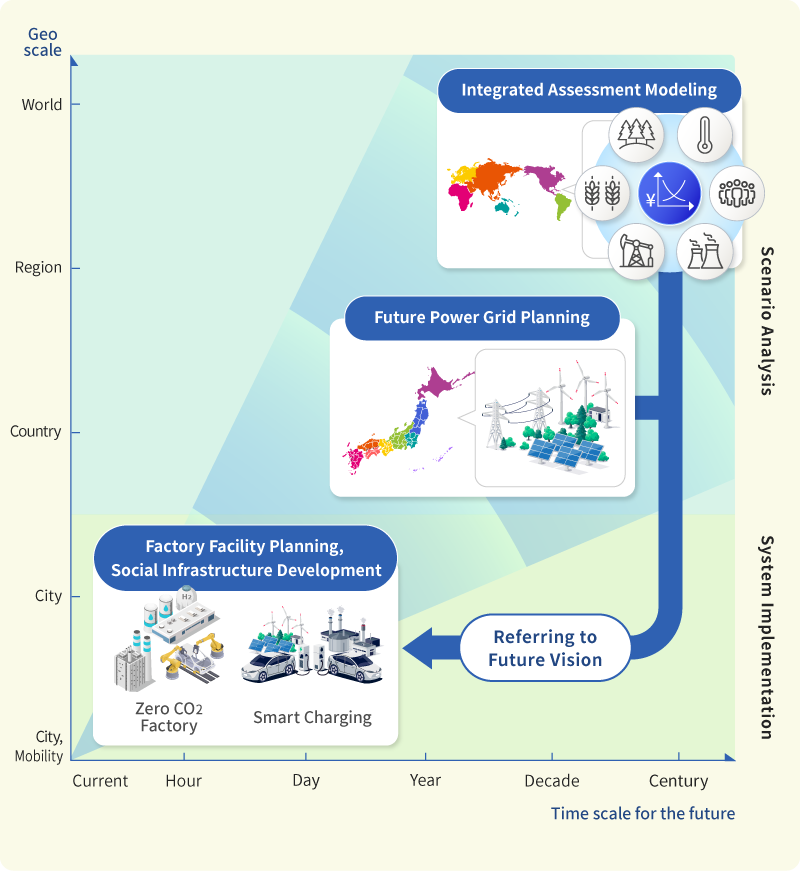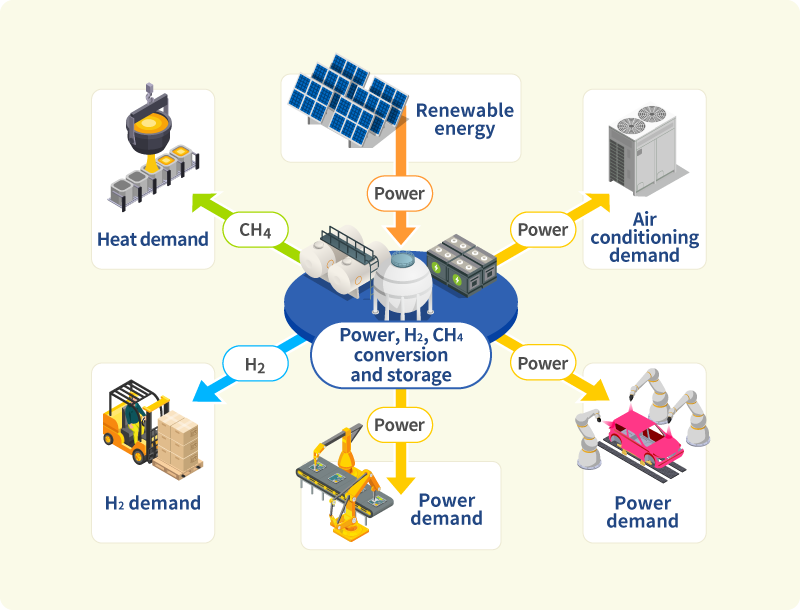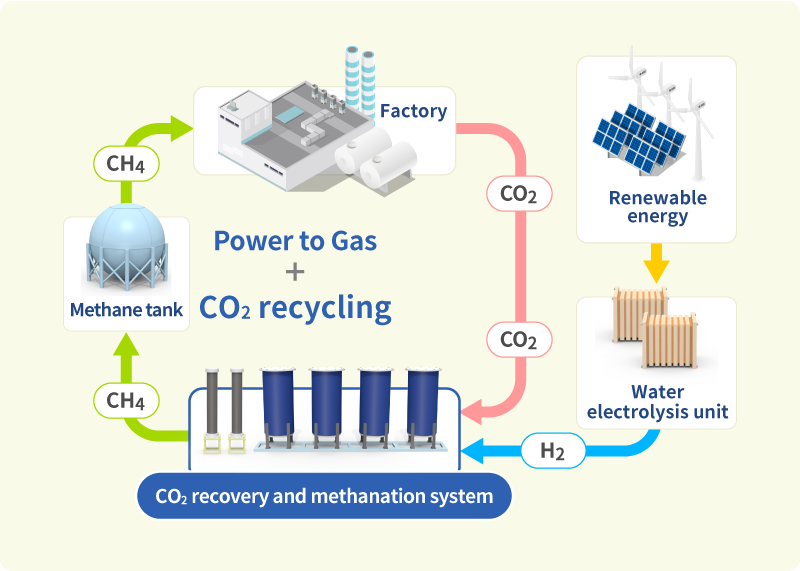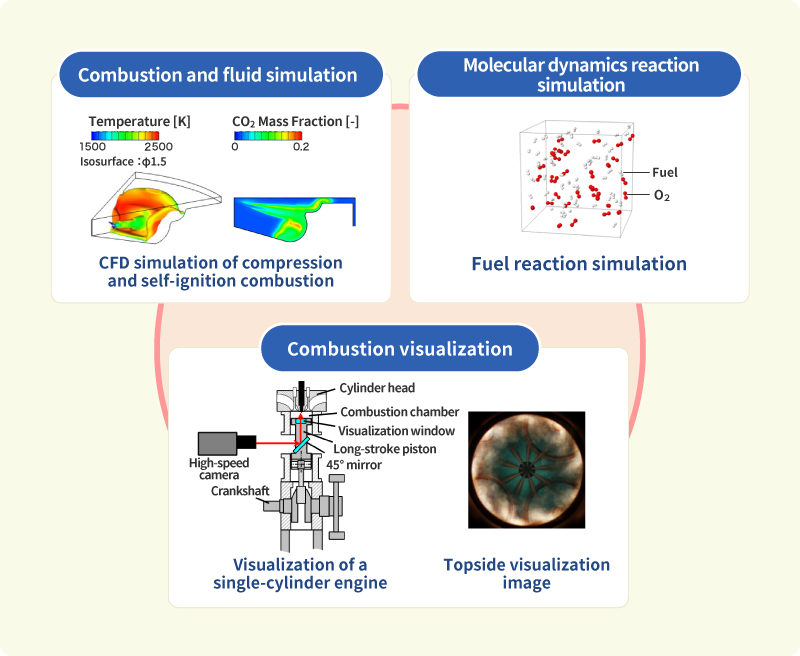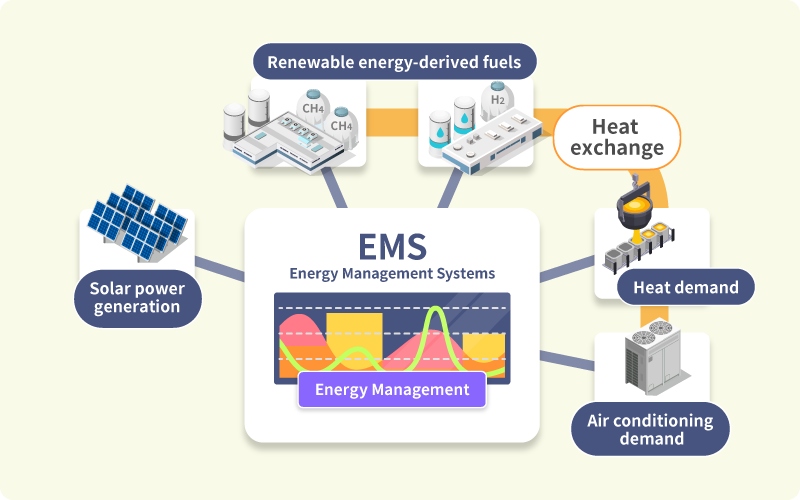Predicting the Impact of Policies and Technologies on Future Society
In order to achieve a sustainable society, it is crucial to consider carbon neutrality, circular economy, and nature positivity. This will help mitigate climate change, utilize resources efficiently, and improve the long-term impact on biodiversity, respectively.
Implementing these concepts in society requires an economic perspective. Understanding the interactions among environmental and societal elements is essential to achieving these goals. Therefore, our focus is on scenario analysis using the "Integrated Assessment Modeling“, which creates future scenarios and enables the quantitative examination of the resulting images.
This approach allows us to simulate the impact of various measures and technologies on society and nature and provides information for objective discussions about the future. For instance, we are developing guidelines for technological development, including energy operation planning, facility planning, and social infrastructure development, to enhance the convenience of electric vehicles.
